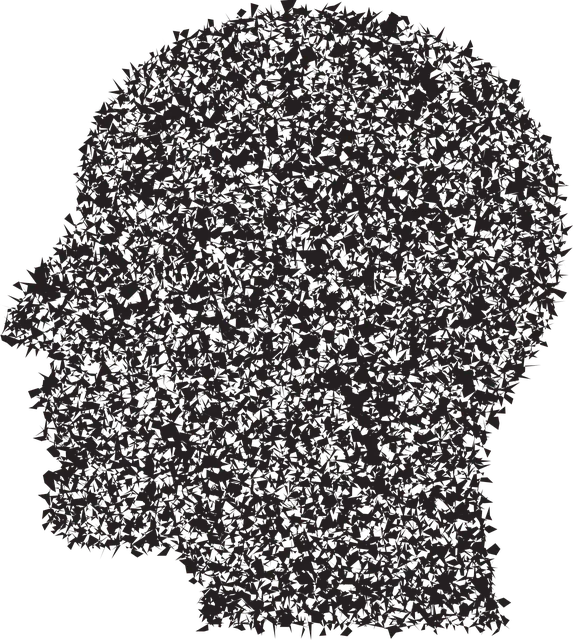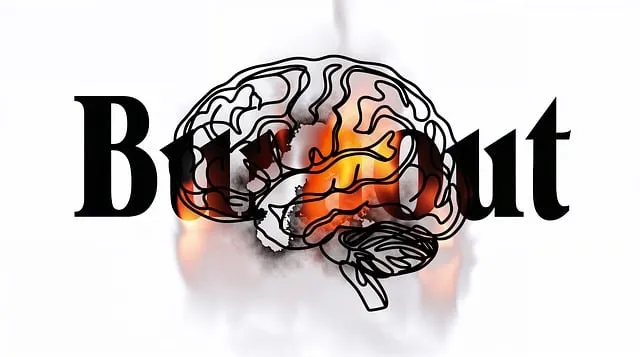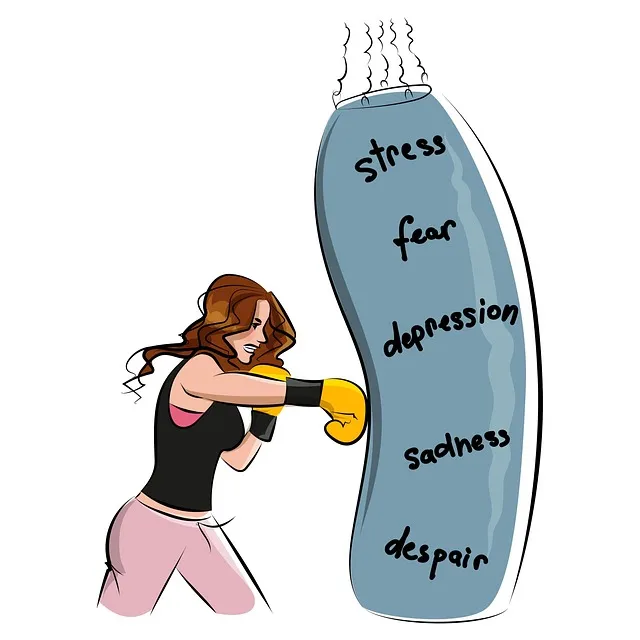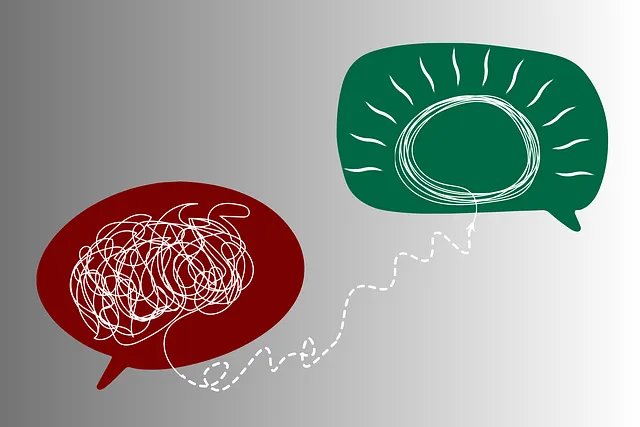Wheat Ridge Kaiser Permanente (WRKP) offers comprehensive Wheat Ridge Kaiser Permanente behavioral health services focused on crisis intervention, prevention, and recovery. Their dedicated professionals employ holistic approaches, integrating medical care with community support through programs like Mental Health Education and Wellness Coaching. WRKP's multi-faceted assessment tools identify immediate and underlying crisis factors, guiding strategic plans for acute distress relief and long-term mental wellness. Post-crisis care emphasizes tailored resources and outreach to promote healing and resilience through evidence-based therapies.
In times of crisis, behavioral health professionals play a pivotal role in providing critical support. This article explores comprehensive crisis intervention strategies, guided by the effective approach adopted by Wheat Ridge Kaiser Permanente’s behavioral health services. We delve into understanding crisis intervention, its unique integration of care and community support, and assessment techniques for accurate evaluation. Additionally, we cover interventions, post-crisis care, and recovery strategies, offering valuable insights for professionals aiming to foster stability and resilience in individuals facing crises.
- Understanding Crisis Intervention: A Vital Role for Behavioral Health Professionals
- The Wheat Ridge Kaiser Permanente Approach: Integrating Care and Community Support
- Assessing the Crisis: Tools and Techniques for Effective Evaluation
- Interventions and Strategies: From Immediate Relief to Long-Term Stability
- Post-Crisis Care and Recovery: Supporting Individuals on Their Journey Forward
Understanding Crisis Intervention: A Vital Role for Behavioral Health Professionals

Crisis intervention plays a vital role in behavioral health, providing immediate support and guidance during stressful or traumatic situations. Behavioral health professionals at Wheat Ridge Kaiser Permanente behavioral health services are trained to offer effective assistance, ensuring individuals receive the care they need. This crucial service is especially important given the rising prevalence of mental health concerns, such as anxiety relief, within communities across the nation.
These experts employ various techniques tailored to diverse crises, including those arising from personal or collective trauma, sudden loss, or severe stress. The Mental Health Education Programs Design at Kaiser Permanente focuses on empowering individuals and communities through knowledge and skill-building. Additionally, community outreach program implementation acts as a game-changer in reaching at-risk populations, fostering connections, and offering much-needed support.
The Wheat Ridge Kaiser Permanente Approach: Integrating Care and Community Support

The Wheat Ridge Kaiser Permanente Approach to crisis intervention emphasizes a holistic view of patient care, integrating behavioral health services seamlessly with community support. This strategy recognizes that addressing mental health crises effectively requires more than just medical treatment; it necessitates a network of resources and support systems tailored to individual needs. By fostering strong community partnerships, the organization ensures access to a range of services beyond clinical care, including Mental Health Awareness programs, Mental Wellness Coaching Programs Development, and other initiatives designed to promote resilience and recovery.
This integrated approach prioritizes early intervention and prevention, aiming to disrupt the cycle of crisis before it escalates. Community-based interventions, such as those focused on mental health education programs design, empower individuals and families with knowledge and coping strategies to manage stress and emotional well-being. This comprehensive strategy not only addresses immediate crisis needs but also fosters long-term mental wellness by building a supportive environment where individuals can thrive.
Assessing the Crisis: Tools and Techniques for Effective Evaluation

Assessing a crisis situation is a critical step in providing effective intervention and support. Wheat Ridge Kaiser Permanente behavioral health services employ various tools and techniques to evaluate crises comprehensively, ensuring a tailored approach to care. This process involves a multi-faceted assessment that considers both the individual’s immediate needs and underlying factors contributing to the crisis. Mental health professionals use structured interviews, risk assessment scales, and clinical observations to gather valuable insights.
The evaluation aims to identify risks such as self-harm, suicide ideation, or psychotic episodes while also exploring the individual’s coping mechanisms, support systems, and potential triggers for the crisis. By integrating these data points, mental health professionals can develop a strategic plan (Risk Management Planning for Mental Health Professionals) that addresses both acute distress and long-term mental health goals. This holistic approach, backed by evidence-based practices, ensures that clients receive comprehensive care, fostering resilience and promoting recovery in challenging times.
Interventions and Strategies: From Immediate Relief to Long-Term Stability

In moments of crisis, providing immediate relief is a critical component of effective intervention strategies. Wheat Ridge Kaiser Permanente behavioral health services prioritize swift action to ensure individuals receive the necessary support during traumatic or stressful situations. This initial phase involves assessing the individual’s needs and offering short-term solutions to stabilize their emotional state. Techniques such as active listening, empathy, and calming techniques are employed to help individuals express their feelings and regain a sense of control.
Transitioning from immediate relief to long-term stability requires a comprehensive approach. Wheat Ridge Kaiser Permanente behavioral health services focus on fostering inner strength development through evidence-based practices tailored to each individual’s unique needs. This may include psychotherapy, stress management training, and mood management strategies. Additionally, the Community Outreach Program Implementation plays a vital role in connecting individuals with community resources and support networks, promoting social reintegration and long-lasting resilience.
Post-Crisis Care and Recovery: Supporting Individuals on Their Journey Forward

After a crisis, supporting individuals in their recovery journey is vital. Wheat Ridge Kaiser Permanente behavioral health services emphasize that post-crisis care is an essential step toward fostering resilience and long-term well-being. This involves providing ongoing support to help individuals process their experiences, develop coping skills, and regain a sense of control over their lives. The Community Outreach Program Implementation at Wheat Ridge Kaiser Permanente plays a crucial role in this process by offering resources and services tailored to the unique needs of each individual.
Through community outreach programs and various therapeutic approaches, resilience building becomes a central focus. Trained professionals guide individuals in developing effective coping strategies to manage stress, anxiety, and other emotional challenges. By participating in these programs, people gain practical tools to navigate future crises and enhance their overall mental health. This holistic support system encourages a journey of recovery, enabling individuals to rebuild their lives and find hope for the future.
In summary, crisis intervention plays a pivotal role in Behavioral Health, as exemplified by the comprehensive approach of Wheat Ridge Kaiser Permanente. By integrating care with community support, assessing crises accurately, employing diverse interventions, and facilitating post-crisis recovery, professionals can significantly contribute to individuals’ stability and well-being. Adopting evidence-based practices, such as those outlined in this article, enables behavioral health services to offer effective guidance during challenging times, ultimately enhancing the quality of life for those in need.






